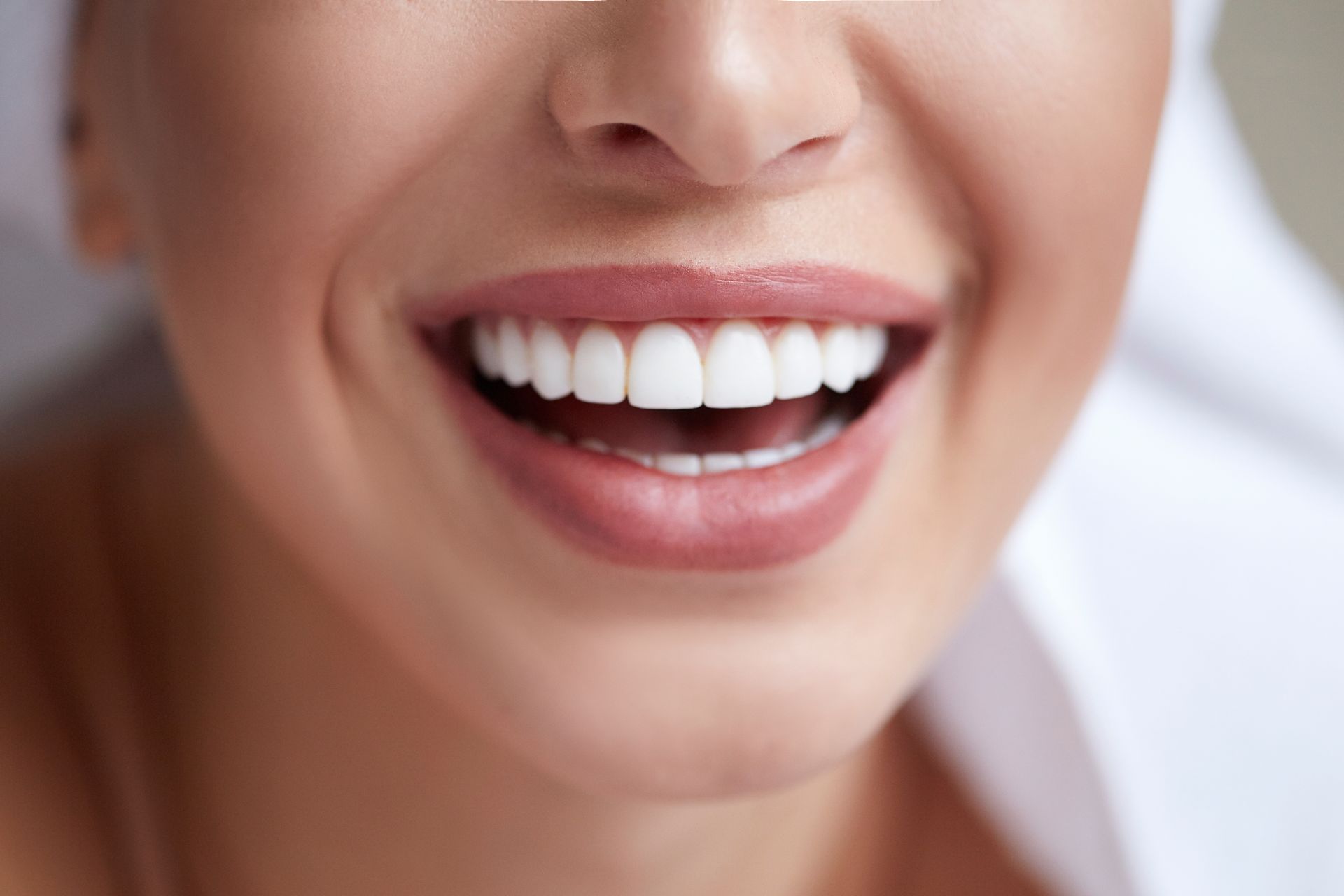Oral Health and Pregnancy
You may not think that pregnancy has anything to do with oral health; however, there are definite connections between the two. The surge in hormones during pregnancy has been linked, in part, to soft tissue changes as well as an increased amount of plaque on the teeth. Plaque is an invisible, sticky layer of harmful bacteria that forms on the teeth and can cause gingivitis. So-called "pregnancy gingivitis" affects most pregnant women to some degree, and in most cases appears in the second trimester.
Studies show that pregnant women with gum disease are more likely to have premature babies of low-birth weight. If you already have gingivitis the condition is likely to worsen during pregnancy. If untreated, gingivitis can lead to periodontal disease, a more serious form of gum disease, which can lead to bone loss.
Oral growths and lesions can also occur in a small percentage of pregnant women. Referred to as epulis or granuloma, these growths are benign and usually disappear after the baby is born. Sometimes these growths can interfere with chewing, brushing, and other oral hygiene procedures, in which case your dentist may decide to have it removed.
Your plan in prevention:
Keeping your teeth clean, especially near the gum line, can prevent these oral health problems. Brushing twice a day, and flossing thoroughly each day is a great place to start. If brushing your teeth causes morning sickness, rinse your mouth with water or with an anti-plaque mouthwash. Women who have severe or unusual morning sickness, especially, need to watch their oral hygiene as vomiting can cause tooth erosion and decay.
Frequent visits to see your hygienist for a cleaning is also a great way to maintain good oral health and prevent gingivitis. Cleanings are generally safe throughout pregnancy. In the case of a high-risk pregnancy, your dentist will consult your health care practitioner prior to treatment to ensure that it is safe to proceed.
What happens if I have a dental emergency?
Going to the dentist can help you avoid any emergency problems during your pregnancy. However, if you encounter a dental emergency during your pregnancy, you need to talk to your dentist immediately so that the problem can be taken care of. In order to diagnose the problem and provide optimum care, your dentist may need to take x-rays. If this is the case, radiation safety precautions (i.e. lead apron and thyroid collar) will be used to protect both you and your baby. Again, your dentist may choose to contact your health care practitioner in some situations before providing treatment. Apart from an emergency, radiographs should be postponed until after the delivery of the baby.
If you are planning to become pregnant or suspect that you may be pregnant you should call your dentist to set up an appointment. Making sure that you have good oral health before pregnancy is ideal in helping to prevent oral problems during the pregnancy. By visiting your dentist, you will be able to have an assessment of your oral condition and be able to coordinate a dental plan for the rest of your pregnancy. Multiple visits may be recommended throughout your pregnancy in order to monitor changes and to measure the effectiveness of your oral hygiene.
(AGD Impact August/September 2004 page 23)
Why our patients love us

No Wait
Contact us for immediate attention. Your priority is our commitment. We ensure you feel valued, and new patients are warmly welcomed.
Tech-savvy Team
We provide digital radiology, computerized charting, and convenient email/text appointment reminders, catering to your needs for an enhanced dental experience.
No “Dental” talk
We offer straightforward choices in plain English. Your best options will be presented, and you decide the next steps with us.
Committed to the pursuit of excellence in the art & science of dentistry
All Rights Reserved | Westdale Dental Care





